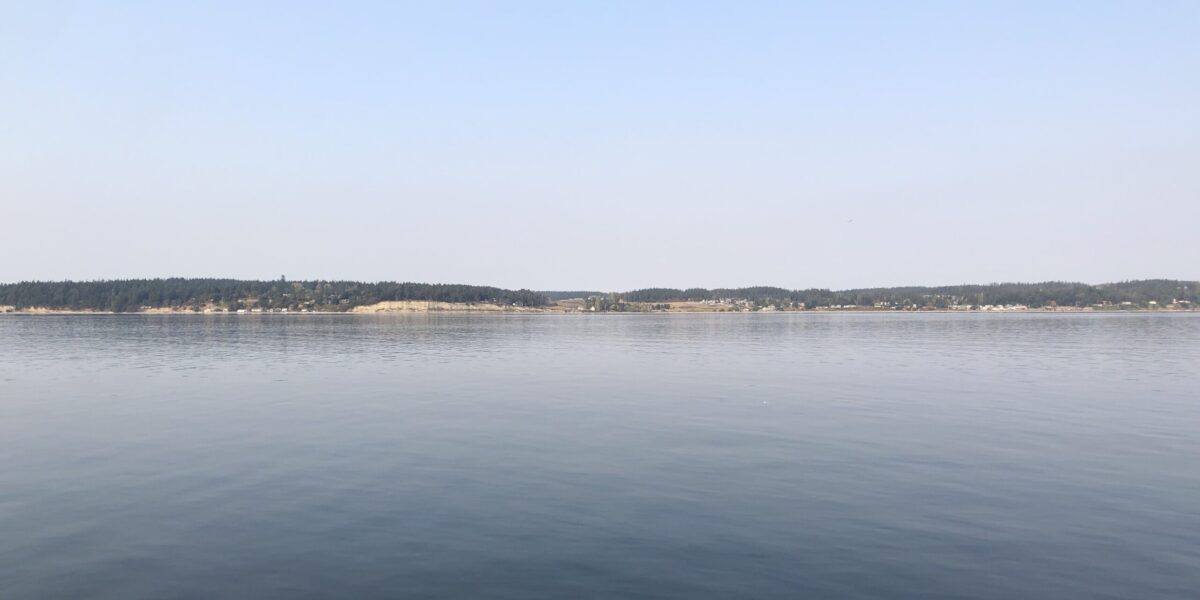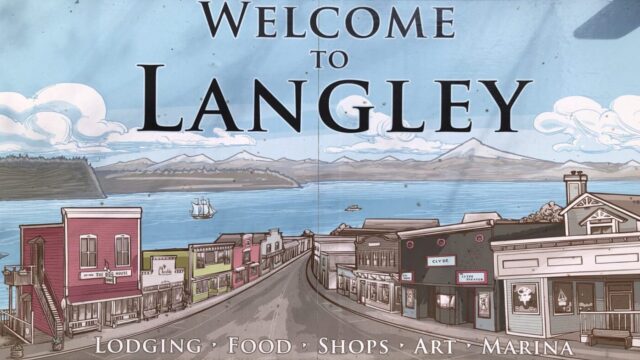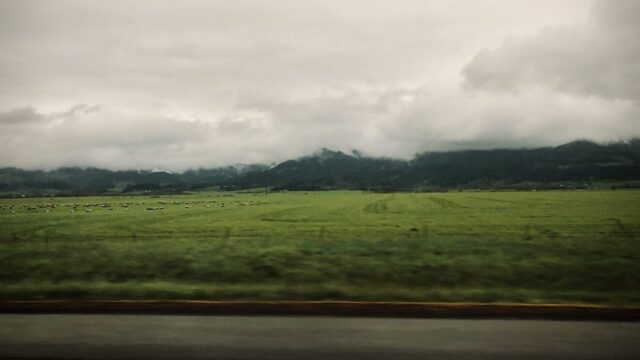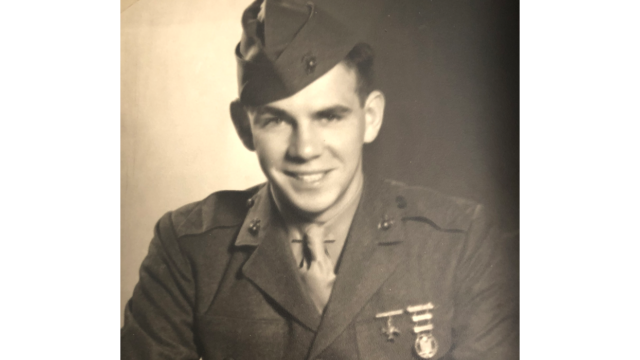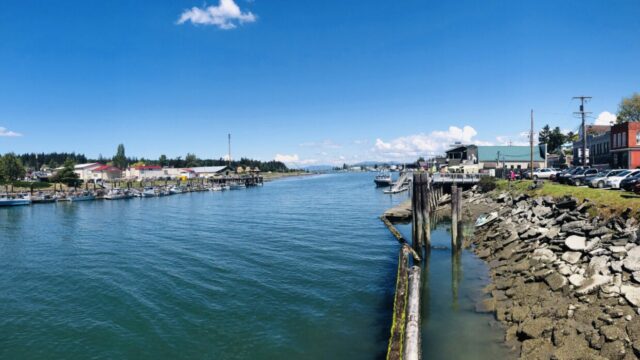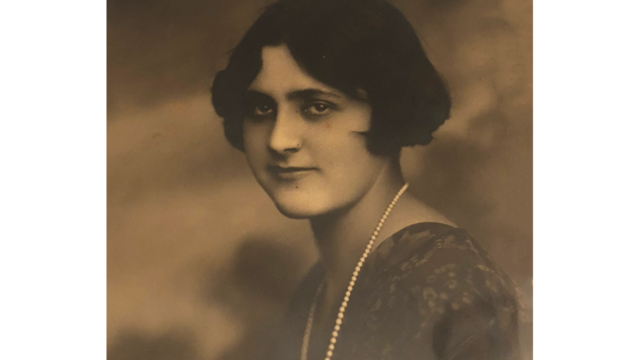The day glistened, with light dancing off Penn Cove’s deep blue waters. It was a cool afternoon on Whidbey Island, but the sun’s rays penetrated through the calm. Out on the water, looking at the rolling hills and tree lined land off in the distance, I couldn’t help but think of Grace. Grace, who set out on her own voyage from Ireland to Australia as a young woman, one of many Irish Catholic women who were “convinced” they should emigrate to the then British penal colony.
Grace arrived in 1836 on the ship James Pattison as a free woman. By 1837, she had married my fourth great grandfather Francis, who’d been serving a life sentence in Australia since 1831. Francis and Grace made a life there. Their nine children were born in Australia and some of their descendants still call New South Wales home. Ten years into his sentence, Francis received a conditional pardon and, in 1858, he and Grace embarked on a new journey to the Pacific Northwest of the United States. Family lore has it that Whidbey reminded them of their homeland. With green fields, thick forests, and craggy coastlines, this emerald island must have felt familiar. It must have also signaled freedom—a land where they could chart their own path. Settling in Oak Harbor, Grace and Francis made a new life among the region’s untamed Garry oaks.
More than a century later, I sat on a sailboat, floating among Penn Cove’s beauty, distinctly aware of Grace’s presence. Blower’s Bluff and Monroe Landing were visible off in the distance and the imposing shoreline and thick forest cut a distinct outline against the clear, blue sky. The soft ripples of the water, the sound of puddle ducks taking off in the distance, and the grunting of the reclining seals on the floating mussel farms, all made me acutely aware of the space. On this day, it was calm. The salty winds were gentle, the water was placid, and any sailing we did needed assistance from the motor. I turned to my family, remarking that this must have been very different from Grace’s sailing on those same waters. A crew member asked if it had been rough that day, not realizing we were reflecting on a canoe trip that had taken place more than a hundred years ago.
On February 22, 1864, Grace, along with her son David and son-in-law Maurice, journeyed to nearby Coupeville via Penn Cove in a large canoe. Purchasing furniture in Coupeville the group, along with two indigenous paddlers, set out for home. A sudden squall from Blower’s Bluff caused the overloaded canoe to capsize. Everyone in the vessel drowned. Grace, along with David and Maurice, was buried in the family’s pioneer cemetery. Her gravesite directly below a grand Garry oak that had been a sapling at the time of her death. Today, even though a large white cross marks her final resting place, I feel her presence in the waters of Penn Cove. Whidbey was her new home, a chance for a life of her own making. She may have only lived on the island for a few short years, but her legacy remains. Her prayer book from New South Wales bears this handwritten poem:
Grace McCrohan is my name and Ireland is my nation
New South Wales is my dwelling place and heaven is my expectation
When I am dead and in the grave and all my bones is rotten
This little book will tell my name when I am forgotten
More than a century after her death, I continue to find inspiration from Grace’s short, yet impactful life. She left Ireland before she was twenty, braving a dangerous sea voyage to an unknown land. She married a convict, whose life sentence meant little freedom for her or her children. When opportunity arose, she took another leap and journeyed to a new land with her family, risking the life she had made in Australia for a new chapter on Whidbey. During a time in which travel was limited, this resolute woman traversed three countries during her lifetime, leaving behind a legacy of strength and an unwavering commitment to making the life she wanted. Her life and legacy were defined by salt water, from her solo voyage to Australia, her journey to Whidbey, and her death in Penn Cove. Perhaps that is why I feel a connection to her out on the water, her life was intrinsically tied to it.
Being here where she lived her final years, I feel closer to her. I am constantly comforted by her presence, inspired by her fortitude, and forever encouraged by her pursuit of adventure. Despite what the poem says, she will never be forgotten.


